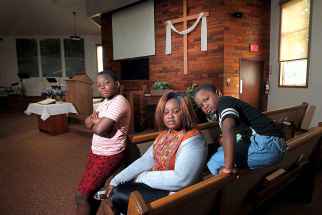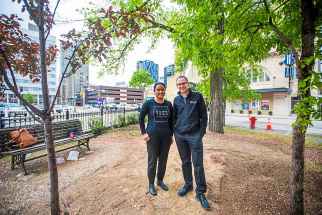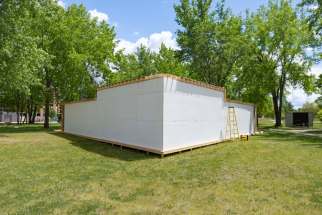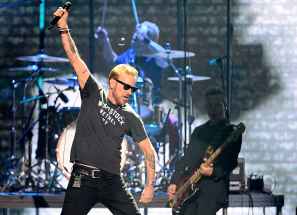The sunglasses are back Singer Corey Hart talks about returning to the stage after spending two decades raising his family
Read this article for free:
or
Already have an account? Log in here »
To continue reading, please subscribe:
Monthly Digital Subscription
$0 for the first 4 weeks*
- Enjoy unlimited reading on winnipegfreepress.com
- Read the E-Edition, our digital replica newspaper
- Access News Break, our award-winning app
- Play interactive puzzles
*No charge for 4 weeks then price increases to the regular rate of $19.00 plus GST every four weeks. Offer available to new and qualified returning subscribers only. Cancel any time.
Monthly Digital Subscription
$4.75/week*
- Enjoy unlimited reading on winnipegfreepress.com
- Read the E-Edition, our digital replica newspaper
- Access News Break, our award-winning app
- Play interactive puzzles
*Billed as $19 plus GST every four weeks. Cancel any time.
To continue reading, please subscribe:
Add Free Press access to your Brandon Sun subscription for only an additional
$1 for the first 4 weeks*
*Your next subscription payment will increase by $1.00 and you will be charged $16.99 plus GST for four weeks. After four weeks, your payment will increase to $23.99 plus GST every four weeks.
Read unlimited articles for free today:
or
Already have an account? Log in here »
Hey there, time traveller!
This article was published 17/06/2019 (2367 days ago), so information in it may no longer be current.
In 1998, Canadian singer Corey Hart stepped away from a thriving career to raise his family.
At that time, his career was 15 years and eight albums deep, with a string of hits any artist would be envious of: Sunglasses at Night, Never Surrender, Everything in My Heart, Black Cloud Rain.
But family came first, and Hart knew that he couldn’t both be a present dad for his four children and a working musician, so he stopped touring and recording, choosing to quietly work as a producer and songwriter for other artists, including another Canadian icon, Céline Dion, for two decades.
Concert preview
Corey Hart
● Tuesday, 7 p.m.
● Bell MTS Place
● Tickets $53.30-$123.25 at Ticketmaster
Now, Hart, 57, has returned to the road in support of his first new music in 20 years, the Dreaming Time EP, and is fresh off of an induction into the Canadian Music Hall of Fame, which included an emotional performance at the Juno Awards earlier this year.
Hart took some time after his first tour stop in Newfoundland at the end of May to chat with the Free Press about going away, coming back and how things have changed.
Free Press: Is getting back on the road and getting back into touring just like riding a bike, or does it feel different than it did before?
Corey Hart: Well it’s been so long since my last tour that I can’t remember what that felt like (laughs). But being back on stage with the audience, it comes back to you. How my voice will hold out, and how my body physically will hold out, because I’m not a young man running anymore, we’ll see how that all works out. I had an amazing birthday night to kick off the tour in Newfoundland (May 31). The audience was incredible, so much love, and singing all the songs with me and it was really spontaneous. So if that’s any indication of how the tour is going to go, I think it’s going to be very special.
FP: After two decades away, was there any concern about there still being a place for you in the Canadian music scene? Things move so fast, and artists are now concerned about maintaining relevance from year to year, let alone decade to decade.
CH: For sure. If you’re gone two years it’s a long time in the music business, and if you’re gone 20 years it’s a century. So when I left in 1998, stepped away to raise my four kids, I didn’t think the door would be back open for me to come back at another point. Truthfully, I didn’t. So when I got the offer from Live Nation to do the tour and when I was offered another recording contract to make a new record, it was all a bit of a surprise to me and not something that I was expecting.
I think through Facebook and through my social media… I felt there was a genuine interest out there from fans to see me again. It certainly wasn’t me saying, ‘Let’s do this,’ it was other folks saying to me, ‘I think you should do it.’
https://www.youtube.com/watch?v=63zo4wt7xIs
FP: That must be a pretty amazing feeling, to know your fans are still behind you 20 years later.
CH: That’s the feeling that I got when I walked out on the stage in Newfoundland. They were singing the songs and there was so much love and so much history between us that I could feel it. I could really feel it. When I was younger, things just happened so fast, it was pandemonium… I was playing arenas with 15,000 teenage girls screaming and it was crazy. I was a kid, too, at that time. But now, we’re all older and we’re still here together and I’m really lucky to have been able to live my life with music and now have my kids experience this and see that part of my life they never saw before.
FP: That’s a good point. Did, or do, your kids really understand the full scope of Corey Hart the musician is?
CH: No, they never did because we put the kids in tennis academies and travelled around the world as a tennis family, I wasn’t doing music. From time to time they’d hear me on the piano writing songs for other artists but they never saw me in the studio make a record, never saw me on a tour. It was only as they got into their teens that some of their friends would say, like, ‘Hey! You didn’t tell us your dad is Corey Hart!” And it started to spread that way. And with the internet, now, they have access to so much information. They also really encouraged me to do this, they really wanted me to go out and they are all travelling with me across the country and I’m so proud for them to see Canada.
FP: I wanted to ask you a bit about songwriting. When you have a string of hits the level that yours were, is it hard to continue to push yourself as a writer and not become complacent about your craft?
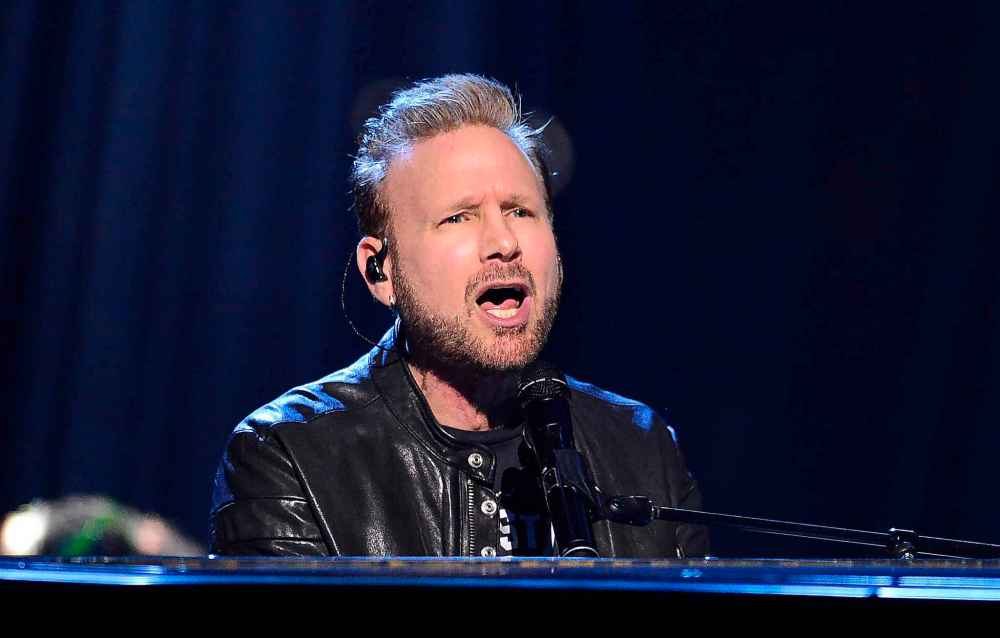
CH: It’s a great question, but it’s actually the opposite. I’m even more hard on myself, even more demanding of myself to try and not repeat a formula, and to try develop. I have a great respect for my craft, for songwriting, and I’ll always try and pursue the excellence of what music can offer. I wish I had been more discriminating early on in my career to reject more songs, but I was just writing so many songs and making so many albums so quickly, it was a pretty intense period of time.
Writing for this record, I think it has some of my best songs on it in terms of just being very honest and open and that’s what I’ve always aspired to be as a writer, so I’m proud of this record. But I am harder on myself now than I was back then.
FP: Do you find working with and writing for other artists changed the way you approach your own music?
CH: When I worked with Céline Dion, I produced and wrote some songs for her and I was very fortunate to be able to do that, it really opened my eyes to my vocals. Whereas before I would probably rush through the vocals, when I was working with her, my job was to produce. She is an amazing singer, so you could get the take perfectly in the first three takes, but she wanted to do 15 or 20 takes and I loved that about her. So I went through it and really focused on how her pronunciation was, how her pitch was… so being a producer for another singer made me really aware of how I wanted to sound on record. I think it improved my singing.
FP: Do you have any advice for young musicians who are grinding it out in the Canadian music scene right now?
CH: Yes. Without preaching to them, I would just tell them that the most important thing you need to do is to love the music. You have to love the music and be passionate about the music that you do, and you have to be prepared to suffer for it and sacrifice for it. And really, if you’re young, it should be your oxygen, music should be your oxygen that you can’t live without. And if you can check all those boxes off and be prepared for the rejection that’s going to come 80 per cent of the time, then just stay with it because it’s going to work for you. But if you can only check maybe 50 per cent of those boxes, I suggest you take up another career (laughs).
This interview was edited for clarity and length.
erin.lebar@freepress.mb.ca
Twitter: @NireRabel

Our newsroom depends on a growing audience of readers to power our journalism. If you are not a paid reader, please consider becoming a subscriber.
Our newsroom depends on its audience of readers to power our journalism. Thank you for your support.




